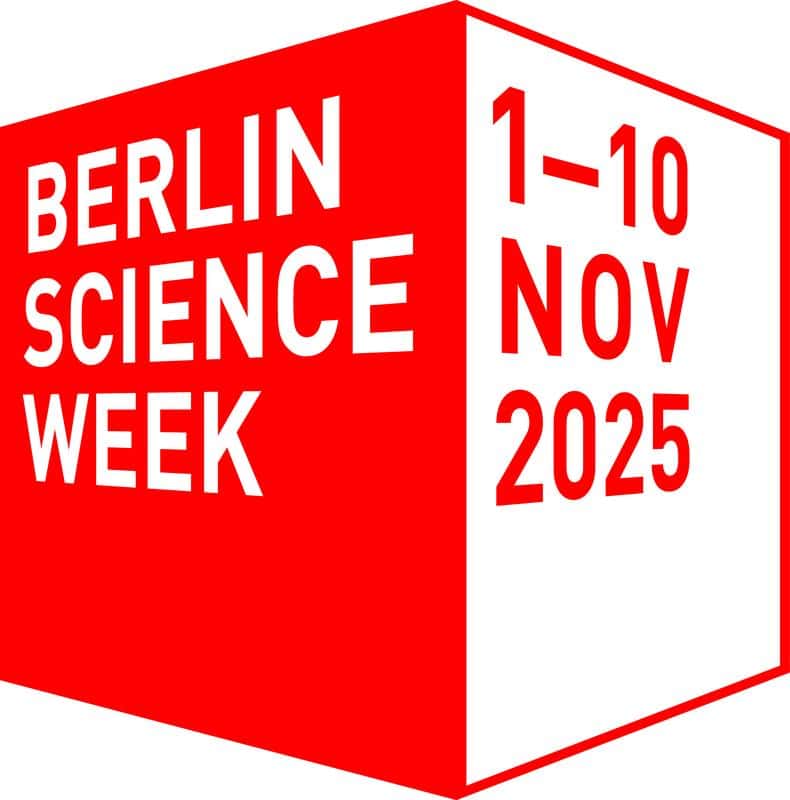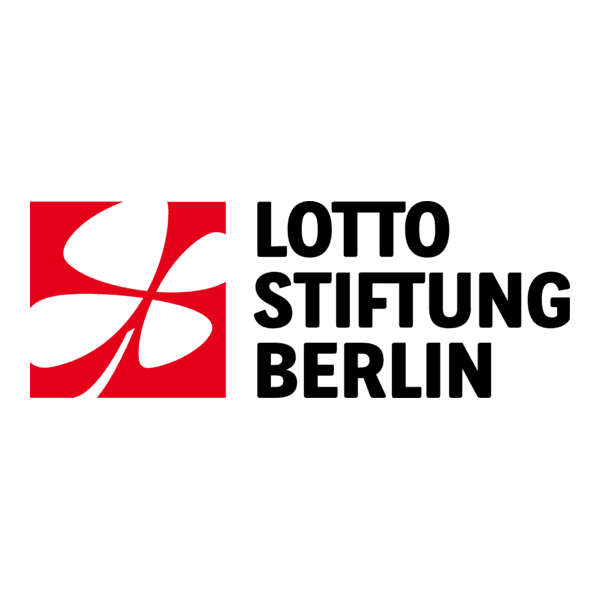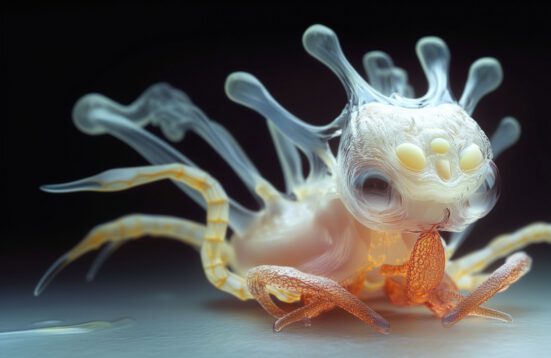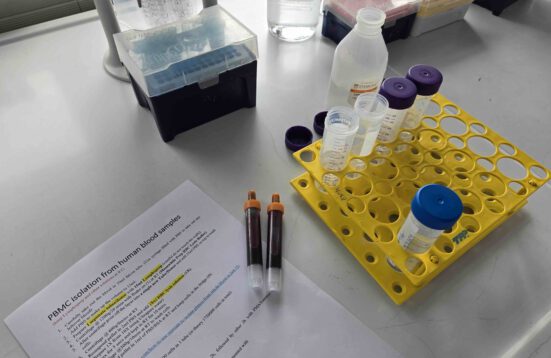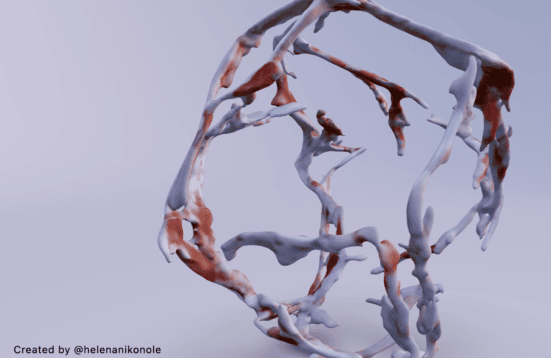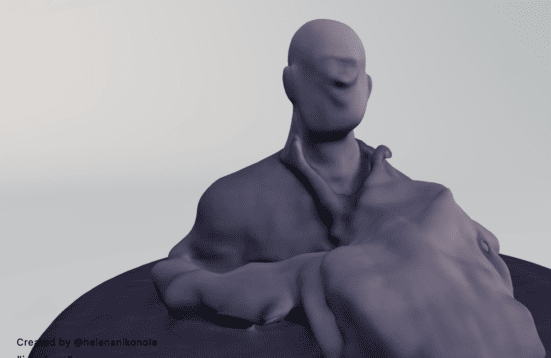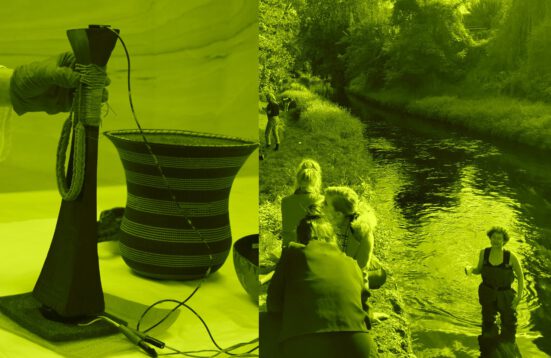CHRYSALIS. ARTISTS IN LABS
Panel Discussion | With Helena Nikonole, Álvaro Rodríguez, Julius Holtz, Ludmila Litvin, Margherita Pevere, Germán Joosten, Regine Rapp, and Christian de Lutz
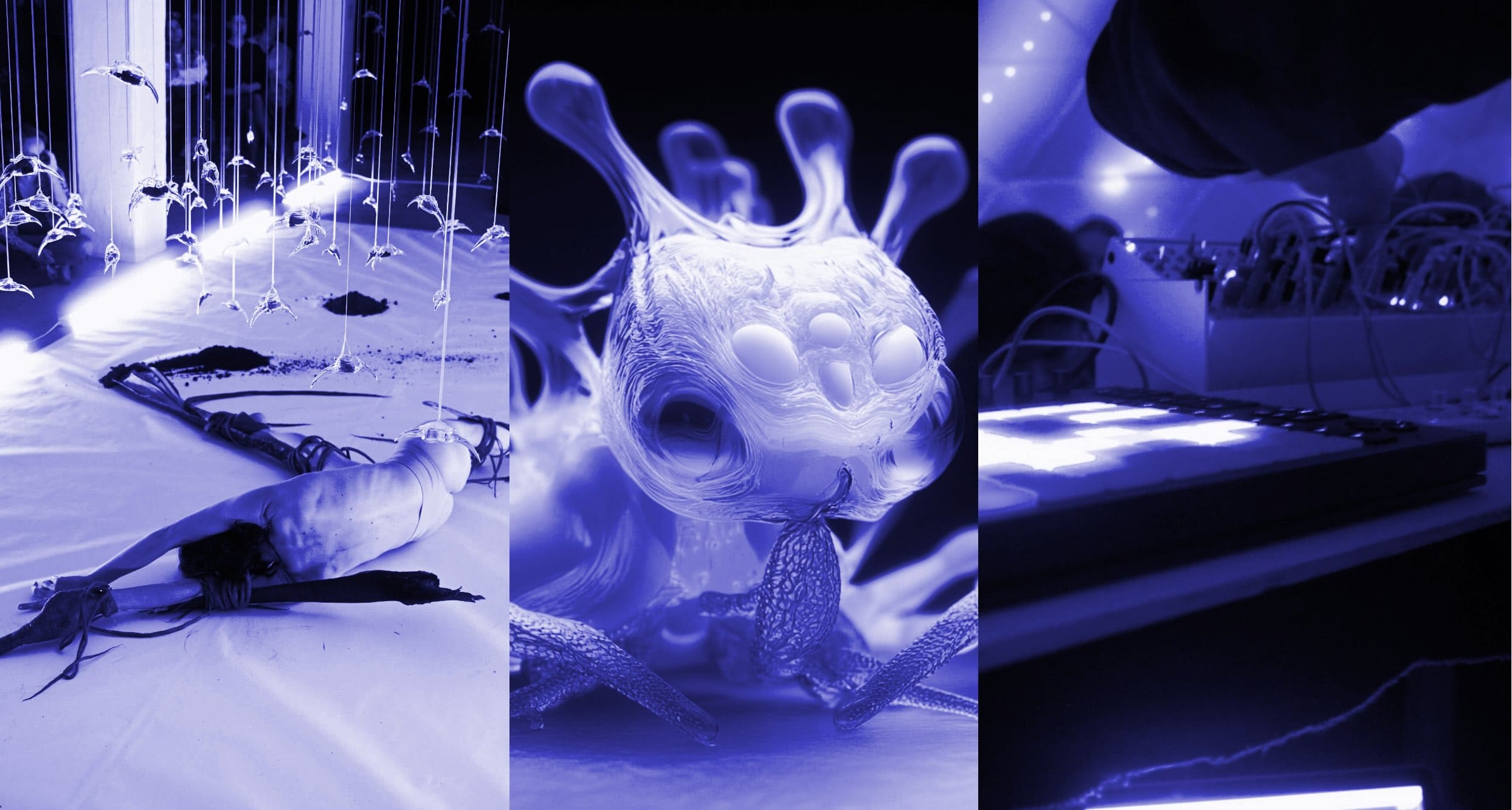
Join the presentation of our current research project CHRYSALIS. ARTISTS IN LABS at the Berlin Science Week 2025 on 8 November 2025. We will give an insight into Berlin-based artists researching in Berlin science labs – with topics on neuroscience, artificial intelligence, biodiversity, and ecology!
During 2025 and 2026, Art Laboratory Berlin is unfolding the new innovative project CHRYSALIS. ARTISTS IN LABS with an interdisciplinary exchange between art and science in Berlin science laboratories. Building on Berlin’s unique status as a global centre for arts and sciences, we aim to create new synergies based on topics of current research. In collaboration with a consortium of scientists from all three Berlin universities, the Charité, and the University of the Arts Berlin, Art Laboratory Berlin is initiating artist-in-lab residencies for four internationally recognized, Berlin-based artists – Helena Nikonole, Julius Holtz, Sybille Neumeyer, and Margherita Pevere. We expect strong outcomes in transdisciplinary knowledge transfer, artistic research, art science communication, and some new artworks highlighting 21st-century innovations. In this year’s BSW panel discussion we present three artists of the project CHRYSALIS together with their scientific partners of the respective Berlin science laboratories.
A Conversation with
Helena Nikonole, new media artist, independent curator, Berlin/ Istanbul
Álvaro Rodríguez, biologist, Rillig Lab | Plant Ecologies, Institute of Biology, FU Berlin
Julius Holtz, composer and sound researcher, Berlin
Ludmila Litvin, research associate, Sleep Research & Clinical Chronobiology, Institute of Physiology, Charité-Universitätsmedizin Berlin
Margherita Pevere, artist and researcher, Berlin
Germán Joosten, environmental researcher, Jeschke Lab | Ecological Novelty, Institute of Biology, FU Berlin / Leibniz Institute of Freshwater Ecology and Inland Fisheries (IGB)
Regine Rapp, art historian and curator, Art Laboratory Berlin
Christian de Lutz, curator and researcher, Art Laboratory Berlin
For the CHRYSALIS project, Helena Nikonole will continue her work at the intersection of machine learning and biosemiotics. During her residency at the Rillig Lab, Institute of Biology, FU Berlin, she will bring her machine-learning–related practice into dialogue with metagenomic soil-ecology research, in alignment with the lab’s ongoing Global Change project. Post-doc researcher Álvaro Rodríguez from the Global Change research project at the Rillig Lab | Ecology of Plants, whose research on the global change front focuses on understanding how microbial populations, from viruses to fungi, respond to a high number of global change factors. He will elaborate on his current research, especially the field of metagenomics. At its starting point, Helena’s project poses a central research question: In what alternative forms might life emerge and develop under different conditions? The collaboration invites a dialogue in which speculation and observation overlap, approaching evolution not as a fixed trajectory but as a continuous unfolding – a field of potential transformations that may be real, imaginary, or both at once.
In context of the CHRYSALIS project, composer and sound researcher Julius Holtz is collaborating with scientists from the Bernstein Center for Computational Neuroscience, HU Berlin as well as the Institute of Physiology about Sleep Research & Clinical Chronobiology, Charité-Universitätsmedizin Berlin. At the core of his investigations are the interactions between participants, sound environments, the formation of (self-)consciousness, and the creation of spaces that invite active listening. Mindfulness and the practice of active listening are closely connected: What new perspectives emerge from the act of listening to oneself as well as listening to others? How can new technologies be used sustainably in this context? What role does conscious and mindful action play for our society and environment? How can technological innovations contribute to fostering or transforming these qualities? Ludmila Litvin is a research associate on Sleep Research & Clinical Chronobiology at the Institute of Physiology, Charité-Universitätsmedizin Berlin. In the panel discussion she will elaborate on her research field and come into dialogue with Julius’ artistic research.
Artist and researcher Margherita Pevere’s project (untitled) in context of the CHRYSALIS project will look at death as an ecological driver in ponds of the Berlin urban area. Her artistic research is looking at what chemicals (nicotine, drugs, among others) enter ponds, and how they affect biotic activity. Environmental researcher Germán Joosten from the Jeschke Group for Ecological Novelty, FU Berlin and the Leibniz Institute of Freshwater Ecology and Inland Fisheries (IGB) will come into dialog with Margherita at this year’s BSW panel discussion. (untitled) belongs to Margherita’s current art series untaming death, which understands death as an ecological process rather than the end of life. Previous projects in the series engaged with complex phenomena inside the human body (autoimmune conditions in Hlymia, 2024) or damaged ecosystems (wildfires and soil in Lament, 2024, awarded the COAL Transformative Territories Mention 2024). The series reflect on death as a constitutive part of life processes, but frames in it a time of anthropogenic disruption of ecologies and species extinction. How to (not) come to terms with this?
Art Laboratory Berlin, a multiple award-winning art and research platform with over 15 years’ experience in art-science research and its curatorial expertise, mediating talents, and discursive portfolio, benefits from longstanding collaborations with numerous Berlin university research institutes and a strong network in the “art-science” field. In the CHRYSALIS project, the role of Regine Rapp and Christian de Lutz is to closely mentor, creatively mediate, and constantly foster the chrysalis – the transitional state – of these critical transdisciplinary research paths.
More information about the speakers: https://berlinscienceweek.com/de/programme/chrysalis-artists-labs
More information on the research project CHRYSALIS. ARTISTS IN LABS: https://artlaboratory-berlin.org/research/chrysalis-artists-in-labs/

